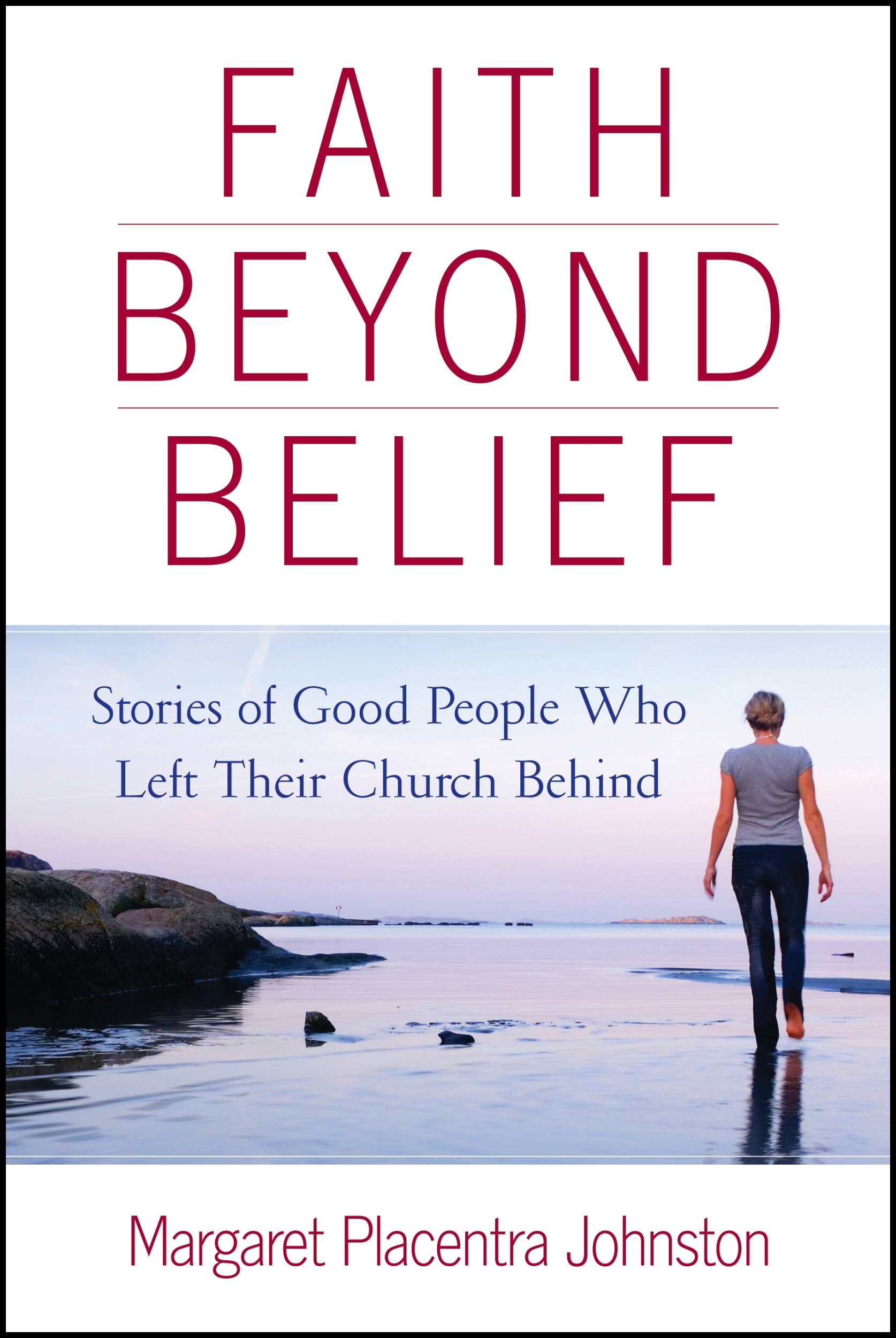Many people are intuitively attracted to the idea of spirituality – and probably just as many are repelled by it. Why is that? Some of the connotations of spirituality can be quite negative for rational-minded people, which can explain the latter situation. Communing with the dead, seeing past lives, and accessing other non-local realities is not appealing to those who pride themselves on their focus on the here and the now. To the strictly rational mind, anything that is not about the about our this-world existence smacks of poor reality testing, and appears escapist, if not foolish.
Among those who are attracted to spirituality, some – perhaps – are seeking diversion from the boring or troubling elements of their everyday existence. Non-local alternatives sound exciting and fun. The idea of an alternative reality that is somehow “better” than the here and now can be quite enticing. But surely, if spirituality offered nothing more than escape, it would not have such enduring appeal.
No, a different connotation of spirituality allows us a fuller appreciation of its benefits and strengths. Though writing from a religious – though not a traditionally religious – background, Marcus Borg put it this way: “Spirituality is for the hatching of the heart.”[1]
Having just made the point that the human heart “is like an egg with a shell around it,” Borg explains that in order for what is within the heart to live, the shell must break open. Otherwise, “what is within dies and becomes foul-smelling and sulfuric.”[2] Borg goes into some depth about ways in which the shell around the heart can be opened. Collective practices, such as sacred rituals, hearing sacred music, and making sacred journeys are involved. Many of these are common rites of traditional organized religion.
But individual practices also serve to hatch open the heart – prayer is one if them. Having just read the rest of Borg’s book, I can assure you he is not speaking of the mostly meaningless rote prayer we all were taught to say in church. He is not even referring to private petitionary prayer directed at an anthropomorphic God. Borg’s God is not “out there,” but right here and right now. His God is more relational, more like the Ultimate Reality accepted in spiritual circles, and of which we all are a part. And Borg’s prayer is more of an ongoing conversation designed to nurture a relationship with that entity he calls God.
For Borg “non-verbal” prayer amounts to an experience very much like meditation. It involves a stilling of the mind, and creates a space for God (or the Ultimate Reality) to speak to us. Furthermore, it uses mantras. Coming from a Christian background, Borg claims the rosary is actually a mantra. Deeds of compassion foster spiritual opening by moving the heart at a level of the self below the mind. Dream work, nature and wilderness experiences, retreats, spiritual reading and many other such activities nurture an opening of the self to the sacred.
Unlike “fluffy” spiritual practices that appeal to the superficial, escapist personality, Borg’s spirituality excludes the immediate comforts of petitionary prayer, and the “out there” Father God, just as it excludes the over-easy claims of fortune-tellers and certain types of psychics. Borg’s spirituality is a more vibrant, and more vigorous version than either what he calls “monarchichal” model of traditional Christianity, or an overly easy “woo-woo” spirituality. Borg’s version of spirituality requires finding something that moves the heart at a level below (and beyond) the mind. It trains a person in discipline and vulnerability. Most of all, it requires trust in whatever it is that spirituality is all about in the first place.
So we return to the question of “why spirituality?” Why would anyone want to open herself to the sacred, instead of limiting herself to the visible “everyday” reality?
Well, to return to Borg’s analogy, if the heart is likened to an egg with a shell that must be opened for life to happen, then we want to nurture anything that allows that shell to crack open.
Many forms of traditional organized religion serve only to harden the shell, closing both our minds and hearts to new concepts, and leading us to exclude certain types of people from our compassion and concern. And escapist, woo-woo spiritual rituals may warp the shell, distorting its shape, and weakening the protection it provides, without opening it at all.
But disciplined spiritual practices, combined with openness to experiences that broaden and expand our worldview, do more than just break open the shell. They also lead to a true compassion. The “shell” that must break open for the life inside the egg to thrive is the same shell that keeps us from including everyone and everything in the universe in our circle of concern. That shell must break open and let our sense of compassion and love extend out to the entire universe.
If spiritual practices don’t foster a universal compassion – an all-inclusive compassion – they cannot lead to spiritual maturity. Realizing the benefits of a heart hatched out of its shell, and the compassion that ensues from it are what lead us to the most authentic and fulfilling life.
















